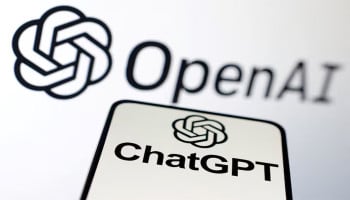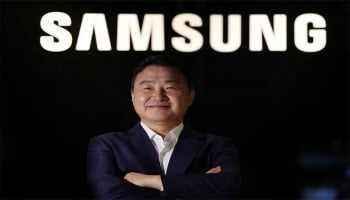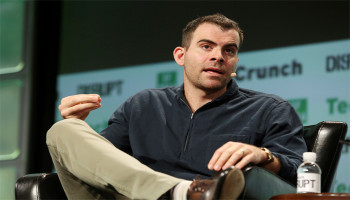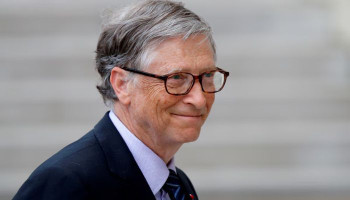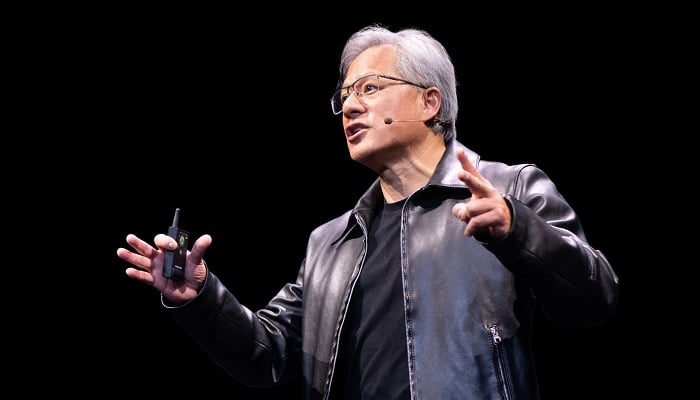
During a Stanford University economic forum on Friday, Nvidia CEO Jensen Huang suggested that artificial general intelligence (AGI) might emerge within five years, according to certain interpretations.
Huang, at the helm of the leading producer of AI chips powering systems like OpenAI's ChatGPT, responded to inquiries about Silicon Valley's longstanding ambition to develop computers capable of human-like thought.
He emphasised that the timeline for achieving AGI hinges largely on how one defines the goal. Huang speculated that if passing human tests constitutes the benchmark, AGI could be imminent.
Read more: Google's payout plan — Thousands for publishers using AI to write news
"If I presented an exhaustive battery of tests to the computer science community today, I believe that within five years, we would excel in every single one," remarked Huang, whose company recently reached a market value of $2 trillion.
Presently, AI can navigate certain tests such as legal bar exams but falters on more specialised ones like those in gastroenterology. Huang expressed confidence that within five years, AI would conquer all such challenges.
However, Huang cautioned that AGI's realisation might be considerably delayed by varying definitions, particularly due to ongoing debates about human cognitive processes.
"Thus, achieving it becomes challenging from an engineering standpoint," Huang explained, noting engineers' reliance on well-defined objectives.
Responding to inquiries about the necessity for additional chip fabrication plants ("fabs") to support AI industry expansion, Huang acknowledged the need for more fabs. Nevertheless, he pointed out that continual advancements in algorithms and processing efficiency will offset this demand.
"While we'll require more fabs, it's crucial to recognise that computing efficiency will also significantly improve over time," Huang elaborated. "We're not stuck with today's computing capabilities; rather, I anticipate a million-fold enhancement over the next decade."






